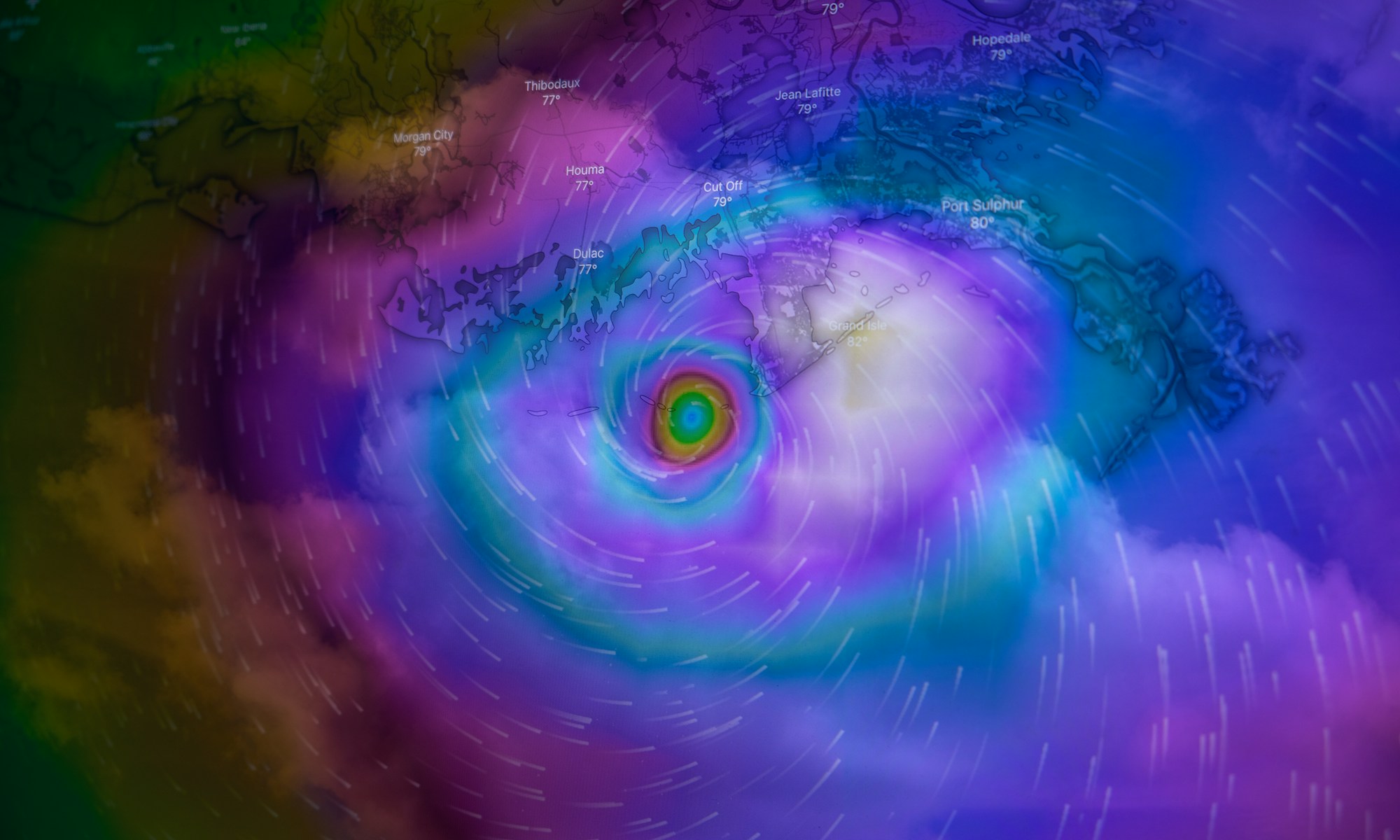27 September 2021 – by Ben St. Laurent
The Intergovernmental Panel on Climate Change (IPCC), a UN body responsible for assessing the scientific basis for climate change, recently published its 6th Assessment Report (AR6) which strengthened the scientific certainty that human-induced climate change is amplifying the severity of extreme weather events across the globe. According to Sarah Gibbens’ article in National Geographic on the effect of climate change on hurricanes, scientists will spend months modeling Ida’s path under low-emission scenarios to ascertain the impacts of climate change on the storm’s intensity. However, Gibbens notes that on a broader scale scientists have already attributed the increasing intensity of tropical cyclones to warmer ocean temperatures, their increased capacity of precipitation to the increased atmospheric temperature, and their slower crawl over land to weakening of wind currents due to uneven warming.
The results from a recent study published in Nature cautiously suggests that climate change is also contributing to an increase in the intensification rate of hurricanes, which is associated with “the highest forecast errors and cause a disproportionate amount of human and financial losses,” but indicated the need for further research. Hurricane Ida’s approach to Louisiana’s coastline is evidence of this pattern — the storm intensified at a rate four times faster than required to be considered ‘rapidly intensifying’. Ida’s rapid intensification was a major factor in Louisiana’s response to Hurricane Ida which gave emergency systems less time to prepare and residents fewer days to evacuate.
In the wake of Hurricane Ida, the internationally recognized meteorologist Marshall Shepherd questions whether public officials need a “new evacuation playbook for an era of rapidly-intensifying hurricanes.” New Orleans Mayor LaToya Cantrell encouraged voluntary evacuations but stated that because Ida intensified more rapidly than city officials were prepared for, it prevented them from issuing a mandatory evacuation. Earlier evacuation could have made a difference for the growing number of lives lost to Hurricane Ida in Louisiana. As of September 9th, 26 Louisiana residents have been killed by Hurricane Ida, with 43 more deaths recorded as Ida swept across the Mid-Atlantic and Northeast regions of the country.
Outside of Louisiana, the majority of fatalities were clustered in New York and New Jersey where record-setting rainfall flooded streets, subway stations, and homes. Flooding in New York City has become an environmental justice issue that disproportionately affects impoverished and immigrant communities who are more likely to live in single-exit underground units which don’t meet safety requirements. As flash floods ripped through New York City, water flowed into basement dwellings, killing 11 residents who became trapped in their homes. The impact of flooding on immigrant communities in Queens is part of a larger trend of double displacement observed among communities displaced by various factors who are subsequently at greater risk of displacement from environmental factors. Jennifer Mooklal, a resident of Queens whose neighbors the Ramskriets drowned in their basement apartment as Ida passed over, told the New York Times that residents have “been dealing with this problem for years” but despite their pleas to the city, she feels that “no one is listening….”



